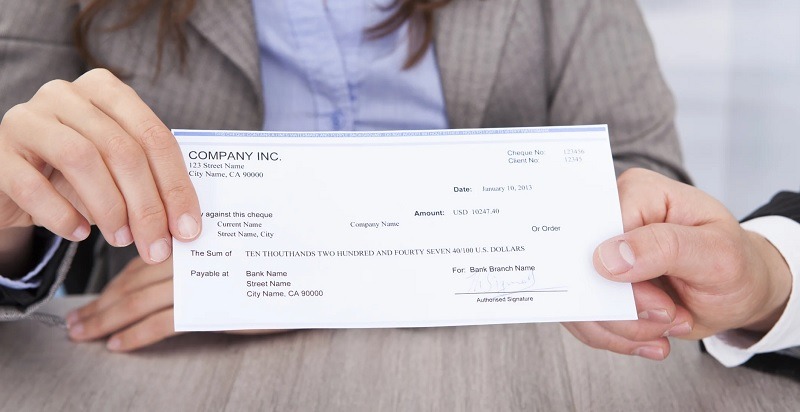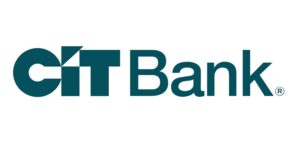
Overdraft fees are charges you receive from your bank or credit union when it covers a payment, electronic transfer or withdrawal you’ve made that exceeds the amount of funds available in your checking account.
These fees can really add up in you do not keep track of your finances, but in this post we will break down everything you need to know about overdraft fees and how to avoid them.
What Is An Overdraft Fee?
An overdraft happens when you don’t have enough money in your checking or savings account to cover a withdrawal or payment and the financial institution then pays for the transaction anyway, which yields a negative balance in your account. Banks will then charge you an overdraft fee for trying to spend more than you have. Additionally, you will have to pay back the difference you spent.
When opening a checking or savings account, you must opt in to overdraft protection, which allows the institution to apply the fee if you were to spend more than what you have. Overdraft fees may not apply to automatic payments or checks. Keep in mind that some banks or credit unions may return checks or transactions unpaid, resulting in a “nonsufficient funds,” or NSF, fee.
Overdraft Protection
Overdraft protection is the best way for most people to avoid paying overdraft fees. The way overdraft protection works is you link your account to another bank account that you have within the bank, and if you were to overspend, then the money will simply be pulled out of that account instead.
This way you avoid paying an overdraft fee and you avoid the embarrassment of having your transaction denied. Overdraft protection isn’t free. Every time you overdraw and your bank has to transfer funds, you will pay a fee. The fee varies from bank to bank but is usually about $15. That’s about half of an overdraft fee.
NSF Fee
The nonsufficient funds (NSF) fee occurs each time the bank chooses to reject a transaction that overdraws your balance. Practically every bank charges the same amount for overdraft and NSF fees, and the two are often printed as one figure in your schedule of fees.
Since a bank must choose between approving and declining an overdraft, a single overdraft will cost you either an overdraft fee or an NSF fee, but never both. However, a few banks do distinguish between the two fees when they count up the daily maximum. U.S. Bank, for example, will only charge up to 4 overdraft fees per day. However, they count their NSF fees separate from their overdraft fees so you may have to pay up to eight fees in a day.
Ways To Avoid Overdraft Fees
Overdraft fees can put a dent in your budget. But there are a few strategies you can implement to help you prevent paying this costly expense. Look at the following tips below:
- Sign up for online banking: Online banking is one of the benefits many financial institutions offer. Signing up for online banking allows you to track and watch your checking and savings accounts closely. You can monitor money coming in and going out.
- Track your expenses: You can track your expenses in many ways. You can track them online or by using a written check register to record all of your transactions. It’s a good idea to record all of your deposits and withdrawals. This will help you maintain a running account balance.
- Set up balance alerts: Some financial institutions will alert you when your account dips below a specific amount. By establishing account alerts, you’ll know when to transfer or deposit more money into your account to cover any upcoming transactions that could lead to a negative balance.
- Keep a cushion in your account: Keep a little extra money in your account to cover unforeseen expenses. This can help prevent accidentally overdrafting your account.
- Ask your bank for alternatives to overdraft protection: Some banks and credit unions have alternatives to overdraft protection. For example, certain financial institutions will allow you to link your savings account to your checking account. When you overdraw your checking account, funds from your savings account will be transferred, providing similar service as overdraft protection.
 |
 |
Bottom Line
Overdraft fees are bothersome and can start to add up if it occurs frequently. The best way to avoid making these payments is making financially wise decisions, reading your bank’s policies, and staying within budget.
In addition to this guide, be sure to check out our own lists of bank promotions and bank guides!




Leave a Reply